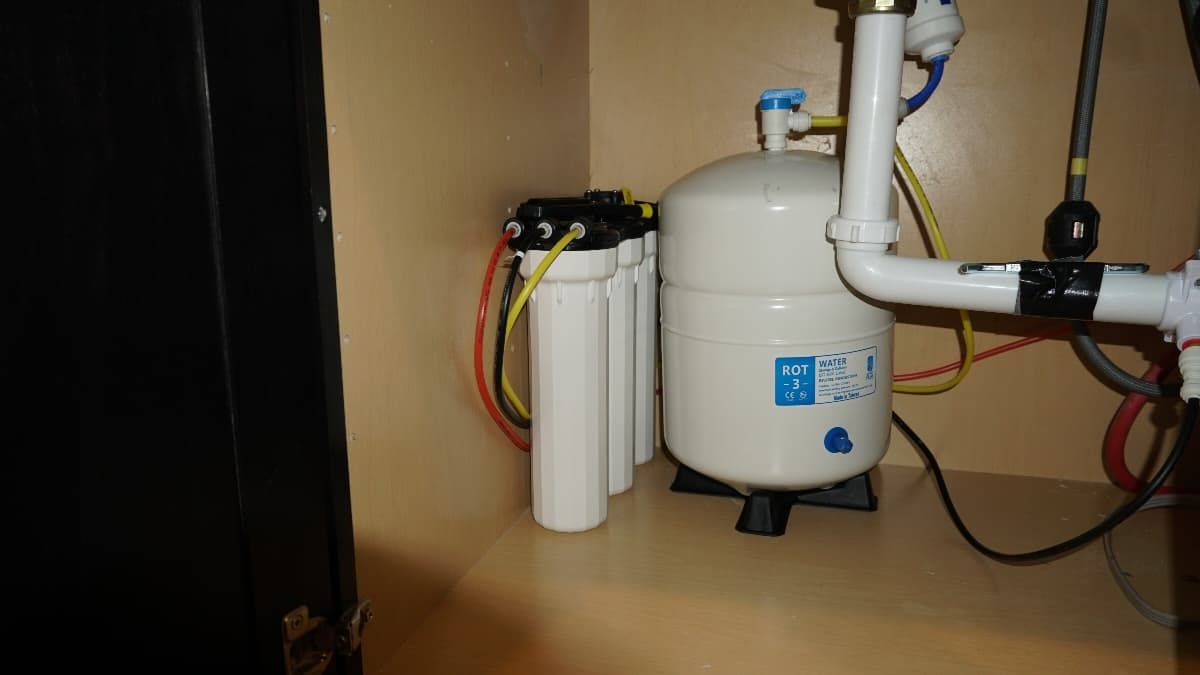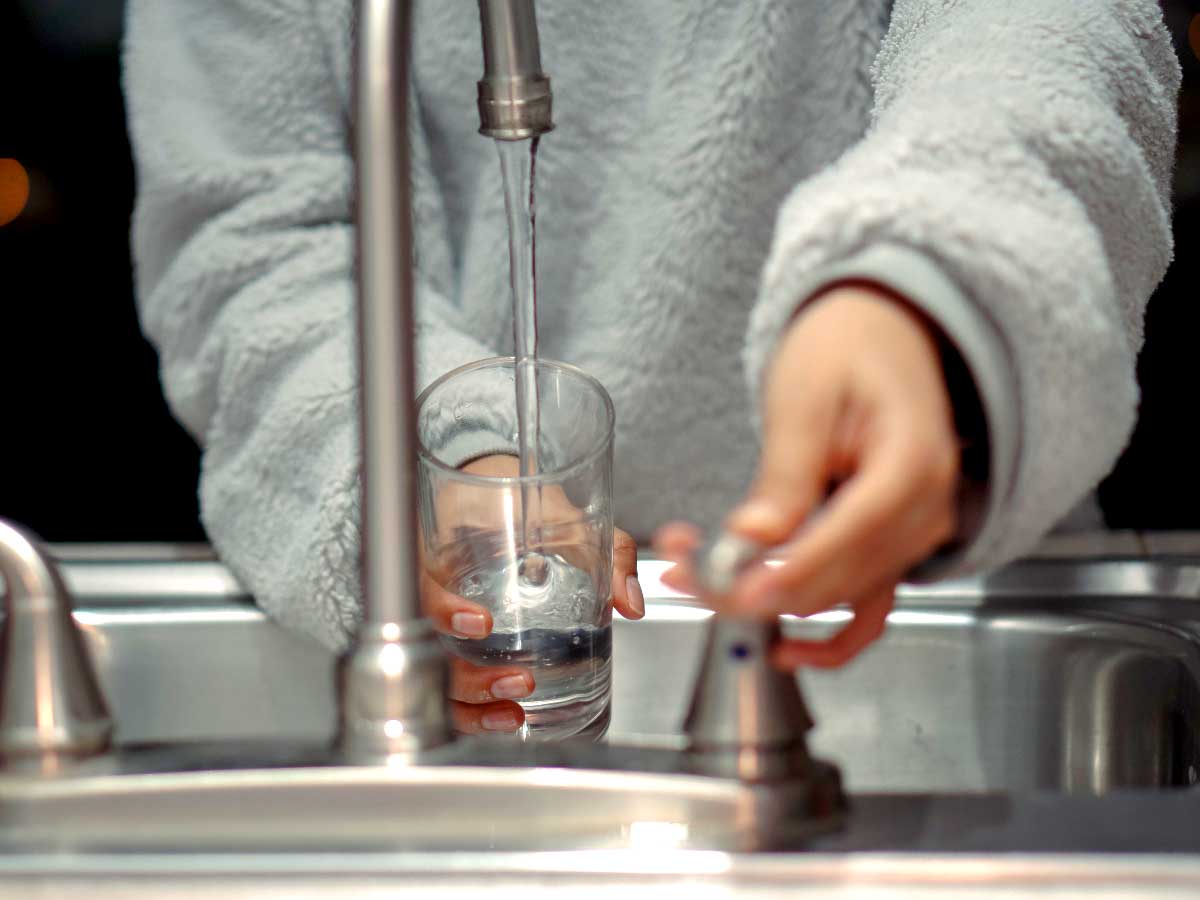For those thinking about buying a home in the near future, one of the most important factors to consider involves well water vs city water. Many of us are used to having our water supplied by the city. Therefore, they might have preconceived notions related to well water. First, it’s important to note that wells have changed significantly during the past few decades. They’re not stone columns in the ground that people fetch water from using a bucket.
Wells have come a long way, just as the pipes that supply water from the city have advanced over time. Therefore, when considering well water vs. city water, there are a few key points that all homeowners need to note.
In this article, we’ll review well water vs. city water, identify the key differentiators, and provide you with insight that can help you identify which is safer for your home.
A Closer Look at Well Water
For those asking, “is well water good for you,” it’s important to first analyze well water, as many people are not that familiar with what this water actually is. Well water is supplied using a well from the city. This means that people get their water for drinking, bathing, and cleaning through a private well on the property.
A well is built by drilling down into the ground on the property and then accessing an underground aquifer. Not everyone will be able to access well water if there is not an aquifer present on the property. Then, the water is pumped into the house. A house with a well might use a separate septic system or could still use the septic system provided by the city.

Benefits of Well Water
- Freedom from water bills because the water is coming from a private well. However, families still using the city’s septic system will continue to receive a monthly sewer bill. In this manner, well water can help homeowners save money.
- Fresher water with more nutrients. Because the well water is coming from an underground aquifer instead of surface water that has been falling off the surface of the ground, it is going to be fresher and more nutritious. Many people prefer well water because they believe it tastes better.
- Protection from contamination that’s often a byproduct of natural disasters, such as floods. A flood can disrupt a city’s ability to distribute healthy water to homes in the area. But because wells are underground, they are often immune to this issue.
Drawbacks of Well Water
- Well water requires electricity. If the power goes out, then the pump to the well is going to stop working, meaning that there won’t be any water. It’s a good idea to have an alternative source of electricity if this were to occur.
- You’re responsible for the quality and the quantity of the water in your home. If the well goes dry, this won’t be the city’s problem. In most cases, homeowners are responsible for all maintenance and repairs on the well itself.
- Well water can still contain contaminants. Unfortunately, well water is not 100% free from contaminants. Like city water, it can be harmful if left untreated. However, a key difference between the two is that well water contaminants stem from where the fluid was retrieved. If the underground location has toxins present, they can interact and live within the well water.
A Closer Look at City Water
Homeowners wondering, “is city tap water safe to drink,” should review key differentiators about the water their community provides to build their conclusion.
City water is the most common type of water supply that most people have access to. The water comes directly from the city, which manages the water supply, purifying it, and delivering it to the home via pipes. Similar to well water, there are a few pros and cons to note.
Benefits of City Water
- The city takes responsibility for the water supply. When the tap is turned on, you don’t have to worry about making sure the water is safe. This task is continually managed by the city. Most city water exceeds the guidelines that have been issued by the EPA. This is one less thing that people have to worry about.
- City water is more readily available than well water. Unless someone moves to an exceedingly rural area, your city is still going to provide you with water.
- Mortgage lenders prefer city water. Because well water is unpredictable at times, mortgage lenders are more comfortable with city water. This means that they might provide better mortgage rates.
Drawbacks of City Water
- City water can be less fresh than well water. The city collects its water via runoff from the surface. Therefore, the water has to go through an extensive purification process, which could affect its freshness and overall flavor.
- City water can be expensive. Cities are gradually raising water prices over time because it costs the city more money to manage the purification process.

Consider a Water Filtration System
No matter if you prefer well water over city water, or vice versa, you can easily ensure your water is free from contaminants and tasting delicious with a water filtration system. When you install a water filtration in your home, you’re preserving the quality and appearance of your water to keep your family healthy.
Whole home water filtration systems are great for purifying any of the water that enters your main water line and goes inside your home. These systems ensure you’re only drinking and using high-quality water year-round. High-quality water means no absence of hard water, which can damage your plumbing appliances with harmful mineral build-up. Hard water is also responsible for drying out our hair and skin.
To install a water filtration system in your home, we recommend speaking with a water technician to review the best options for your family’s needs. We also recommend scheduling a water test to analyze what’s exactly lurking in your faucet.

Learn More About Water Options from ONIT Water
If you would like to learn more about your options for your home’s water supply, reach out to the expert technicians over at ONIT. We take great pride in helping our clients meet their needs with managing and purifying their home’s water supply. Contact us today to schedule a free water test or to learn more about how we can help you improve your family’s health with clean drinking water!



